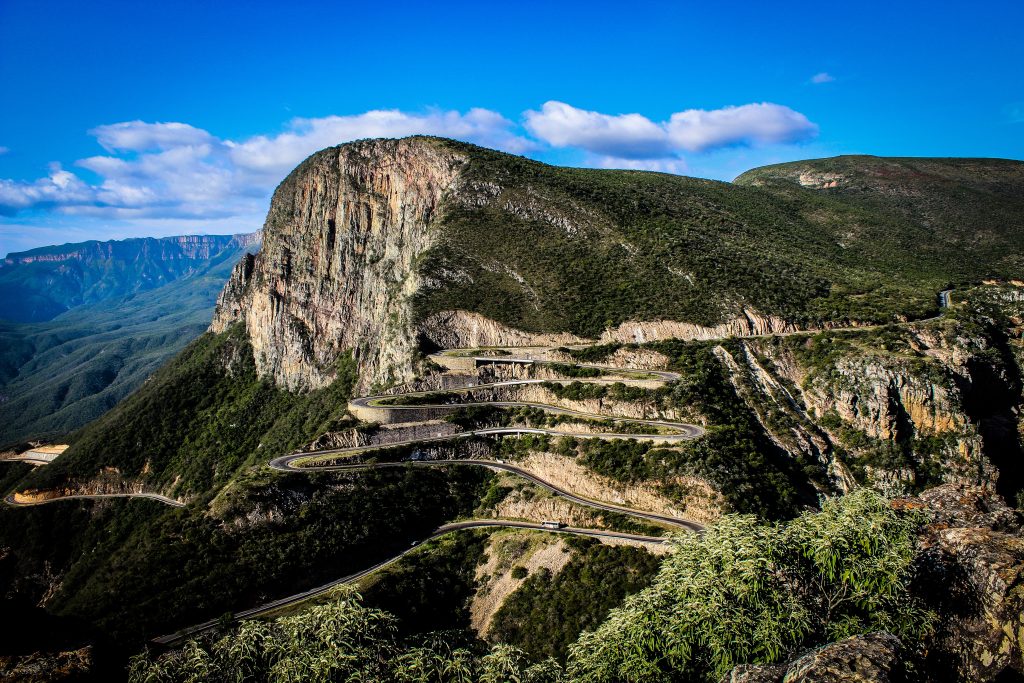In mid-August, Angola was again in the news over the conviction of José Filomeno dos Santos, the ex-governor of Angola’s national bank and two others, for fraud and influence peddling relating to the transfer of USD 500,000 from the Angolan National Bank to a bank account in the UK.
This case though comes as part of the broader moves made by the government of President Lourenço against the former ruling Dos Santos family. Efforts began after former president of Angola, José Eduardo dos Santos, stepped down from this position after 28 years, appointing Lourenço, a close ally, as his successor. Lourenço promptly began investigating the dealings of the former first family, several of whom had been in positions of serious public financial responsibility.
José Filomeno dos Santos himself, who was the son of the former president, headed the Angolan Sovereign Wealth Fund, from which USD 3 billion was recovered in 2019 with the support of international partners.

His sister, the former president’s daughter, Isabel dos Santos was the head of Sonangol, the state oil company, from 2016 until November 2017. Allegations against Isabel dos Santos, considered the richest woman in Africa, came to the fore in the ICIJ’s Luanda Leaks. The Luanda Leaks found that:
dos Santos, her husband and their intermediaries built a business empire with more than 400 companies and subsidiaries in 41 countries, including at least 94 in secrecy jurisdictions like Malta, Mauritius and Hong Kong. Over the past decade, these companies got consulting jobs, loans, public works contracts and licenses worth billions of dollars from the Angolan government.
Allegations have included suspicious payments from Sonangol to a business owned by Isabel dos Santos’ business manager and a friend on the day she was fired, the purchasing of shares formerly owned by Sonangol in the Portuguese energy company Galp under very favourable terms, and the acceptance of the payment of a debt owed by her companies to Sonangol. There are also allegations that her husband, Sindika Dokolo, got similarly extremely favourable deals from the Angolan diamond company Sodiam, with Sodiam borrowing money from a bank owned by Isabel dos Santos at a 9% interest rate and backed by presidential guarantee. There are also allegations of corrupt land deals, with land being sold far below market value, and of corruption within the telecommunications field. Most of the companies involved were overseen by PwC accountants.
The new Angolan government indicted Isabel dos Santos in January 2020 for several financial crimes, including influence peddling and money laundering. Dos Santos has claimed that she is being targeted due to political motivations.
José Eduardo dos Santos left to Spain in 2018.
What of broader anti-corruption reforms and asset recovery beyond the former first family though?
Bilateral discussions are ongoing to freeze and recover stolen assets in Switzerland, Mauritius, Portugal and the US. Efforts have also included a more controversial law granting amnesty for the return of suspected funds, which is being criticised by civil society for encouraging impunity and for not being an efficient tool to recover assets.
Some of these efforts bore fruit this week, as Switzerland froze USD 900 million in accounts relating to Carlos Manuel de São Vicente, who was a key figure in the oil industry and husband of Irene Neto, the daughter of Agostino Neto, president of Angola between 1975 and 1979. He is accused that his company AAA Seguros held a monopoly over insurance and reinsurance of Sonangol between 2000-2016.
The asset recovery agency (Serviço Nacional vai Recuperar Activos) has also reported around USD 40 million as recovered from corrupt officials between June 2018 and November 2019, some of which may be part of the amnesty.
As time passes though, the government will need to show its commitment to ending impunity and addressing corruption through beginning cases and recovering assets from regime officials beyond the immediate family. Otherwise, it will only strengthen claims that the focus is on revenge and not on reform.
If you’re interested in this, you can also check out our blog: Africa’s asset recovery spring?
